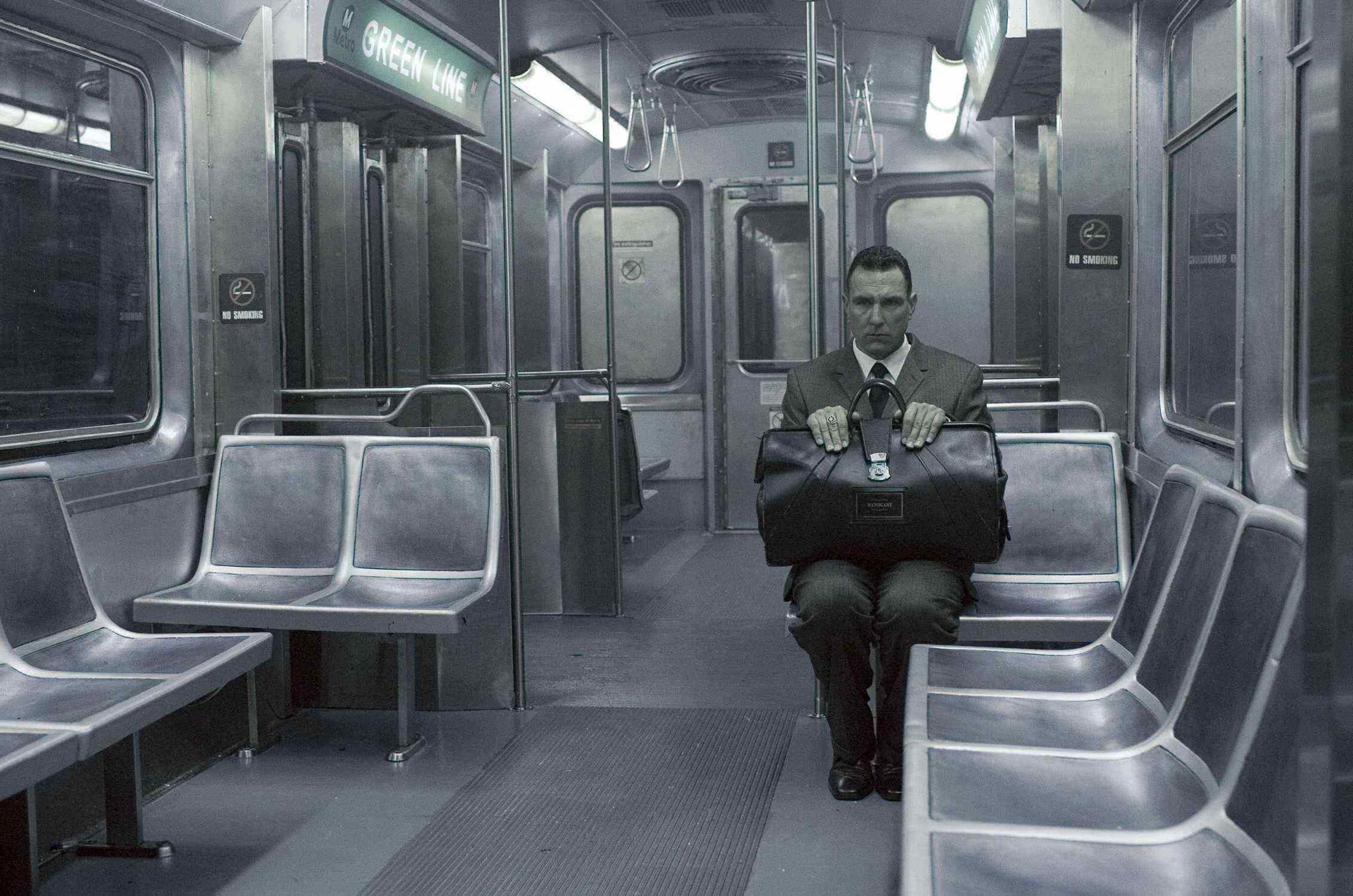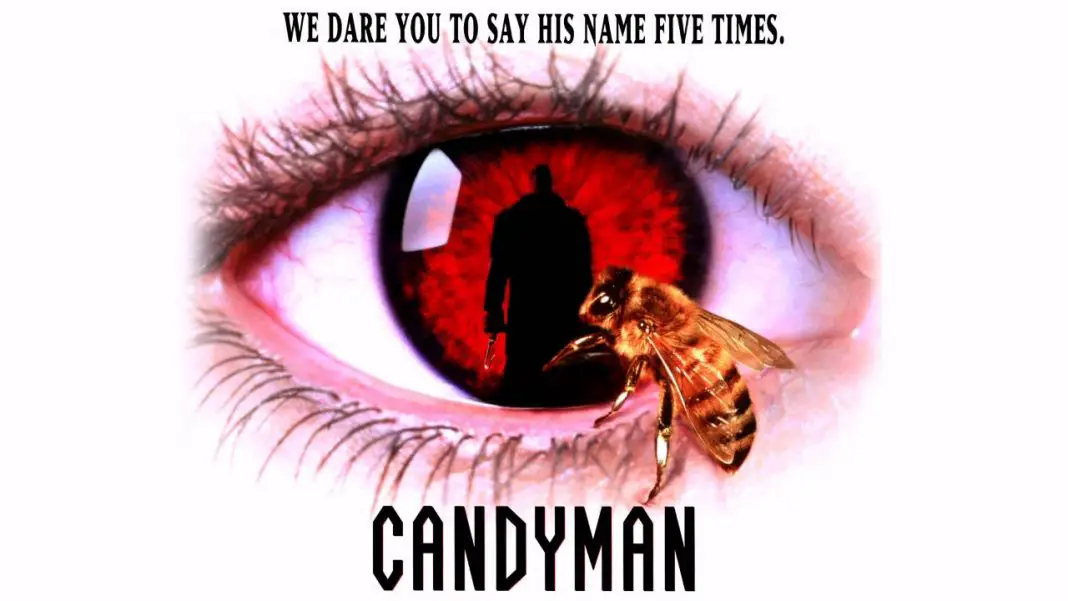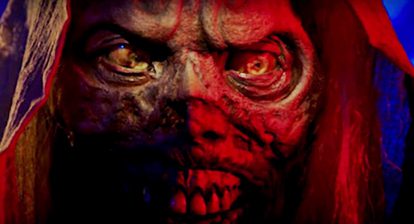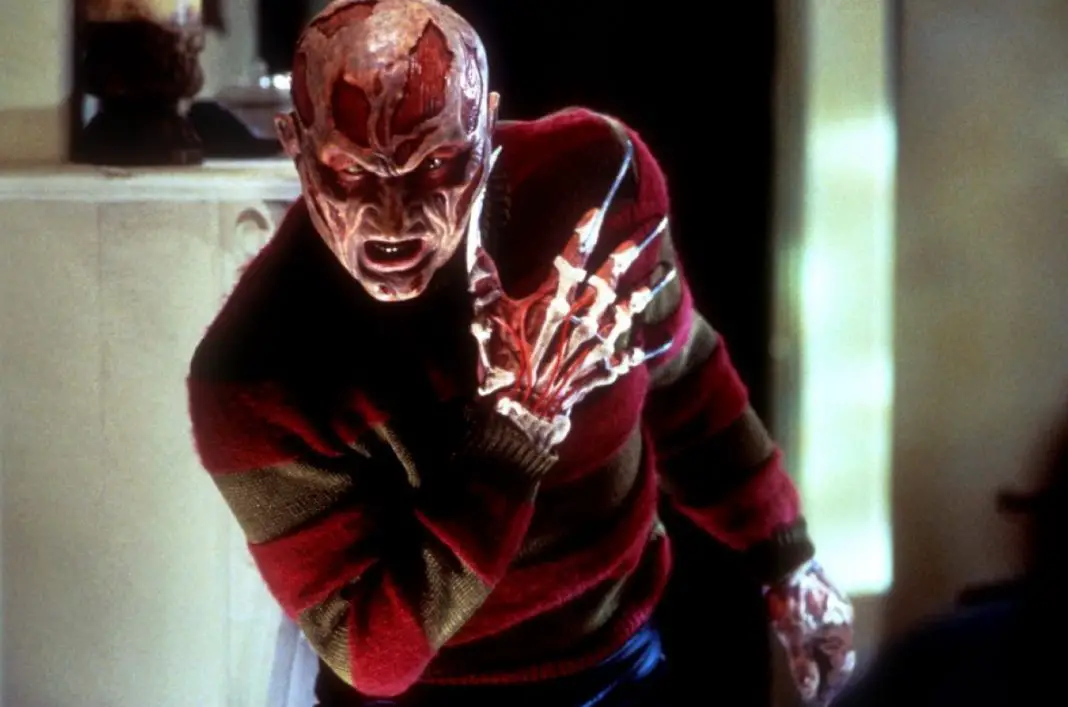Short stories will always be the most underrated form of horror. Some, if not most, of the best horror stories ever told were short fiction. Edgar Allan Poe, H.P. Lovecraft, Richard Matheson, etc… Some of the best writers in the genre were primarily short fiction writers. If you want to be really terrified by Stephen King, read his short story collections, which contain some of the most horrifying tales in recent memory.
The downside to short form fiction is that it can be hard to translate to the screen. Plenty of adaptations fall short of getting it right. However, when it’s done right, the results can be outstanding. With a novel, there is so much that has to be left out to fit the time frame of two hours or less. But with a short, you don’t have that. Instead, you have the freedom to adhere to the original narrative and expand on it at the same time. A novel adaptation has to shrink. There’s really no other option. But short story adaptations actually have the chance to grow.
Did You Know? Wicked Horror TV Has Classic and Independent Horror Films Available to Stream for Free!
A great adaptation of a piece of short fiction may not be hugely literal. A twenty-page story doesn’t make it into a film without some changes. But these movies understood the core of the story. They got what it was really about. And that’s why each of the following features succeeds in the conceit.
The Birds
Changing the action from dreary, cobblestoned streets of England to sunny California, Alfred Hitchcock’s The Birds still manages to tap into and expand upon everything that made the original short story work. Even if the film version loses some of the World War II subtext, it retains the ability to generate fear from such an unexpected source.

The Midnight Meat Train
The Midnight Meat Train is a vastly underrated indie horror, produced by author Clive Barker and based on one of his most extreme, frightening stories. The film version pulls no punches. It even, astoundingly, keeps true to the original, totally out of left field, ending of the text. Vinnie Jones shines in a part with absolutely no dialogue, as does Bradley Cooper in a role that came just before his breakout success.
 Re-Animator
Re-Animator
Re-Animator has actually been touted by some as one of the worst adaptations of a short horror story. Even despite its huge cult following, many die-hard Lovecraft fans actually hate it. But what these readers don’t understand is that the story “Herbert West: Reanimator” is a black comedy. It was somewhat of an assignment piece that Lovecraft hated doing, so he didn’t take it seriously and injected it with jet black humor. The film is made out of a love for that material and it adheres to that tone particularly well.
 Sometimes They Come Back
Sometimes They Come Back
This is an underrated one from an underrated director. Made for television by Tom McLoughlin, director of Friday the 13th Part VI: Jason Lives, it’s based on a story that appeared in King’s Night Shift collection. One of the longest stories in that book, it lent itself to adaptation fairly well. The film sticks very close, and while its low budget may show, it lives up to the interesting premise. The plot centers on a man haunted by his brother’s death when he was a boy. Now a school teacher, he finds himself with transfer students who look remarkably like his brother’s long-dead killers.

The Thing (1982)
John Carpenter’s The Thing, in addition to being one of the best horror remakes ever produced, is much closer to the short story than the original 1954 film. It’s a claustrophobic tale about distrust and about an alien that is, in some ways, formless but can assume the form of anything. While the dialogue might not be as strong as Carpenter’s version, all of the blueprints were laid out in John Campbell’s original story “Who Goes There?” It’s not only extreme body horror, it’s about how quickly and drastically people will turn on each other in certain situations.
Related Post: Script to Pieces: The Thing 2

Candyman
Bernard Rose’s film adaptation of Clive Barker’s “The Forbidden” became one of the biggest horror productions of the 1990s and nobody really saw it coming. It’s earned its reputation as a classic. It’s not only an unsettling, psychological slasher, but it also takes a serious look at the power of urban legends and the formation of these stories as modern mythology. The movie throws in a lot of different turns that the original piece of fiction never took into account, but all of these decisions were kind of brilliant. Particularly the change of location from urban London to urban Chicago. It’s one of those few adaptations where everything comes together and everything just works.





